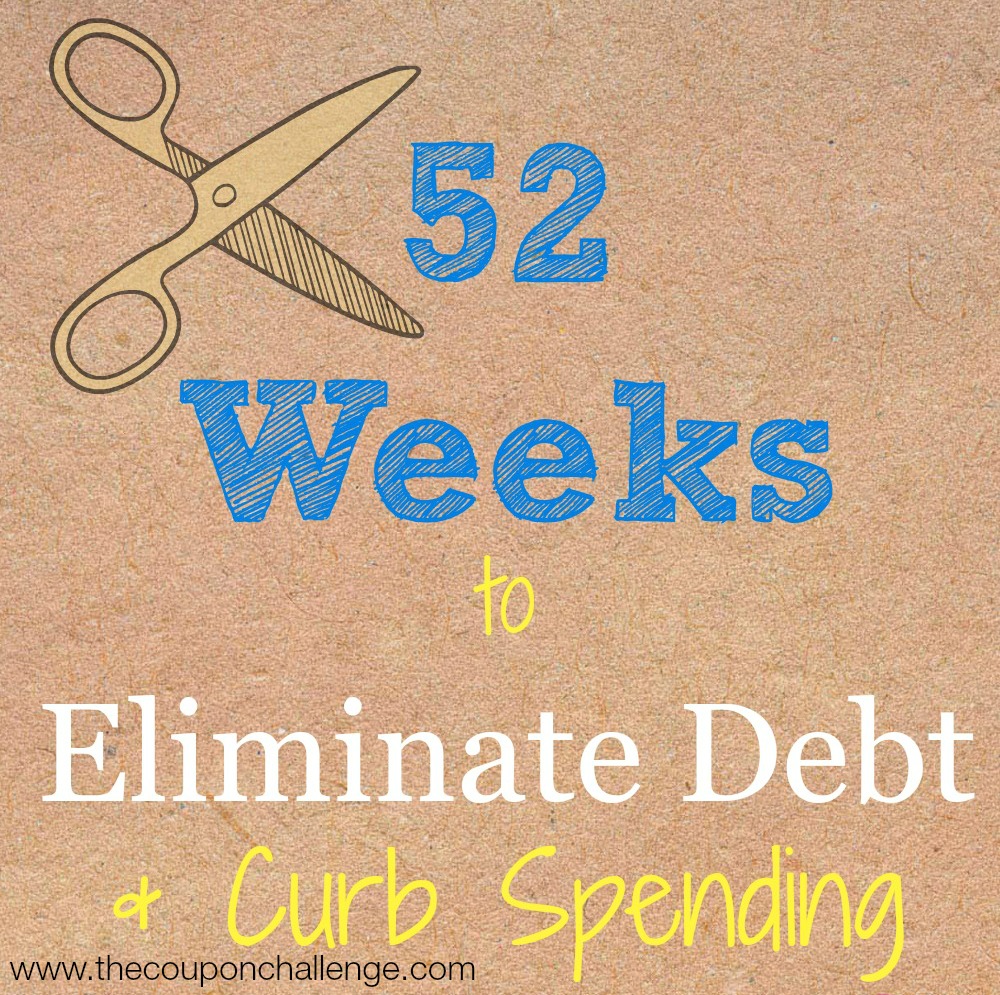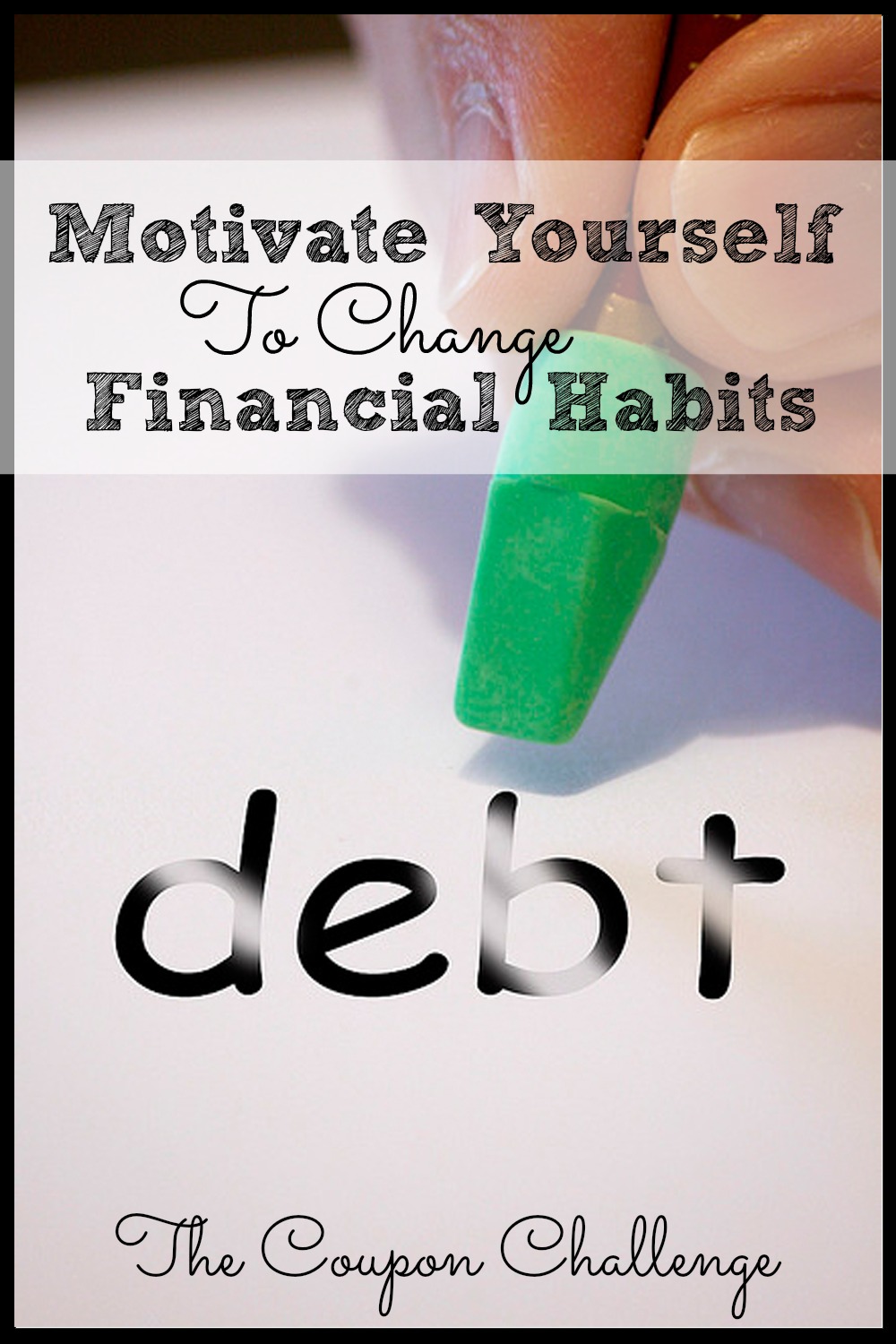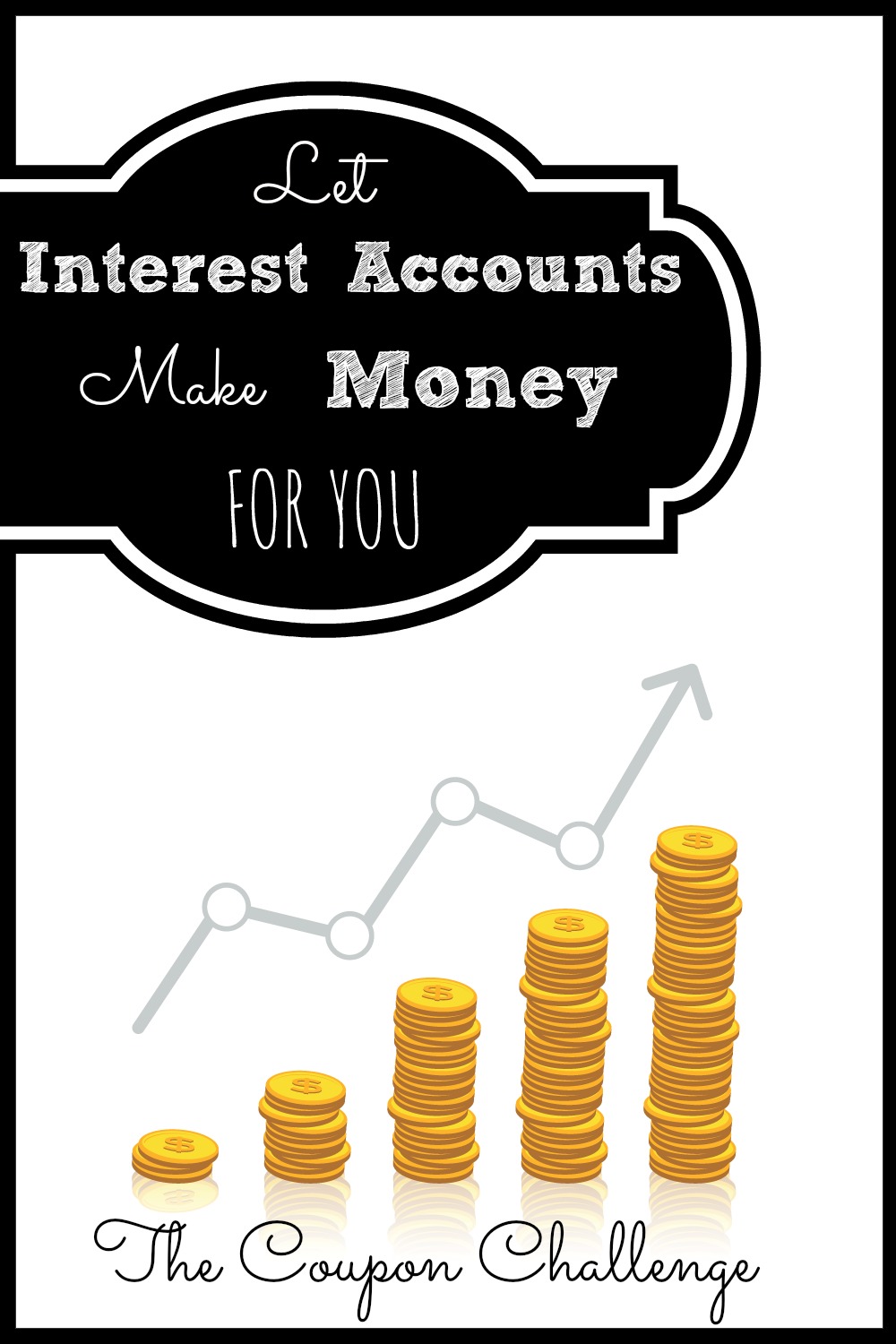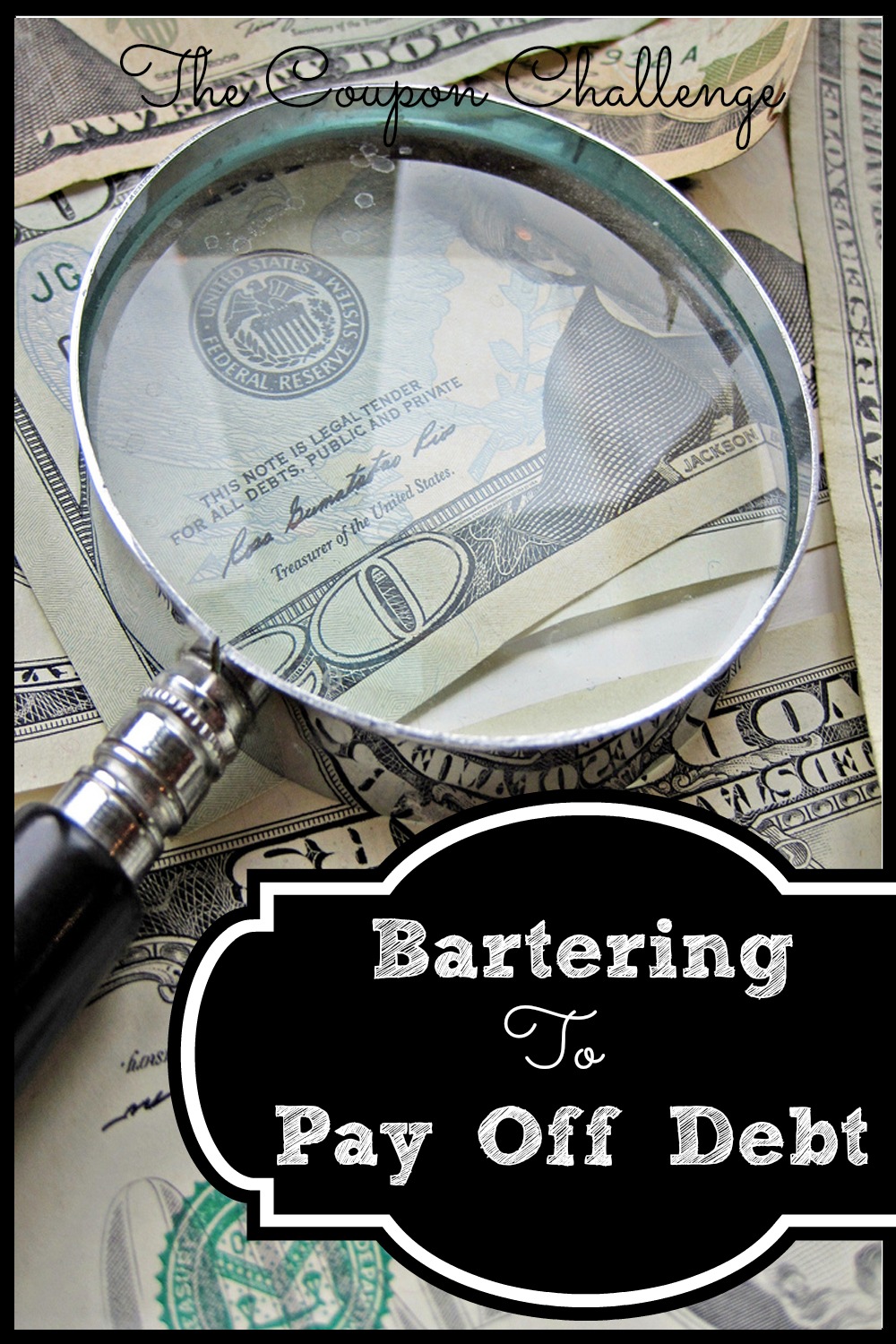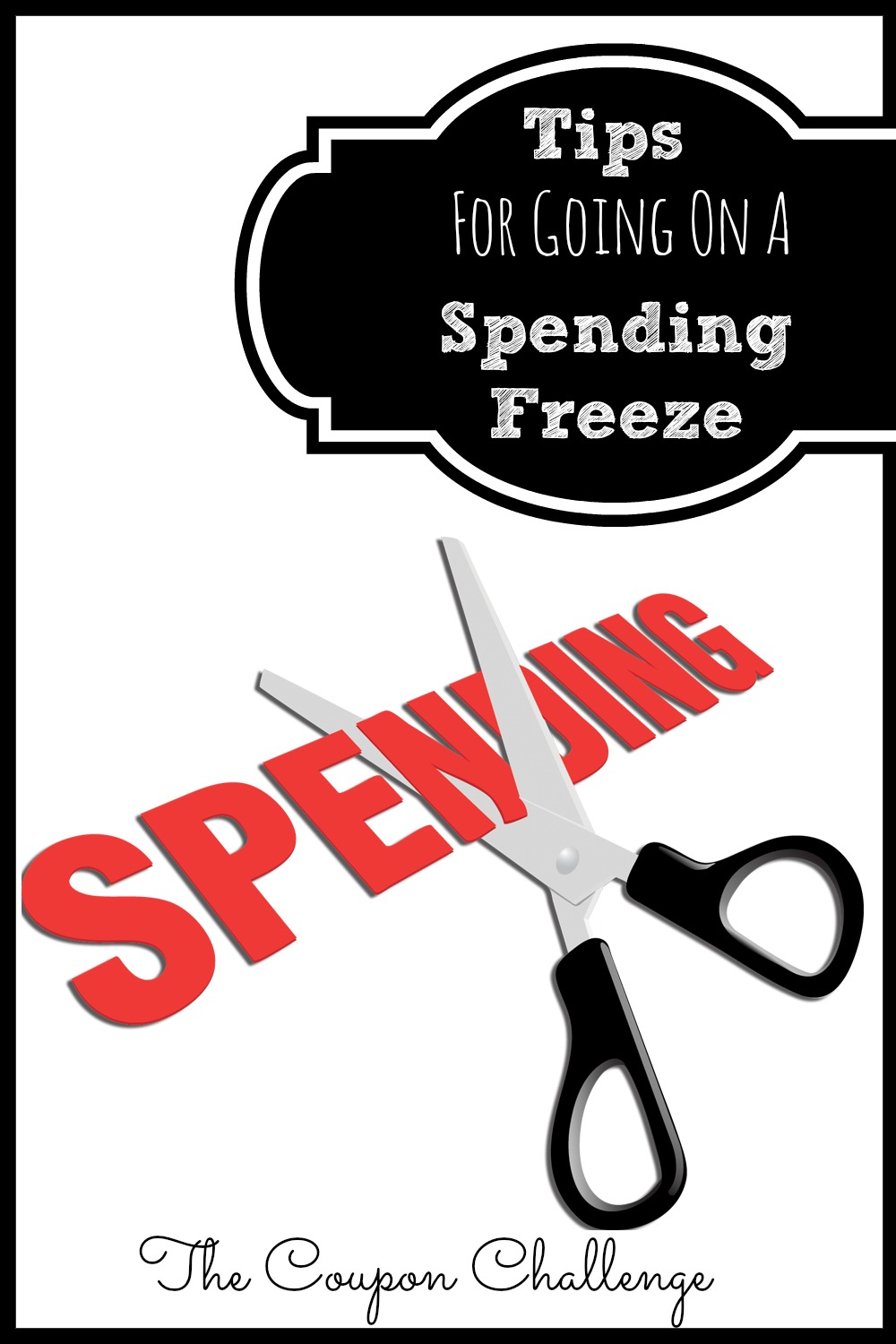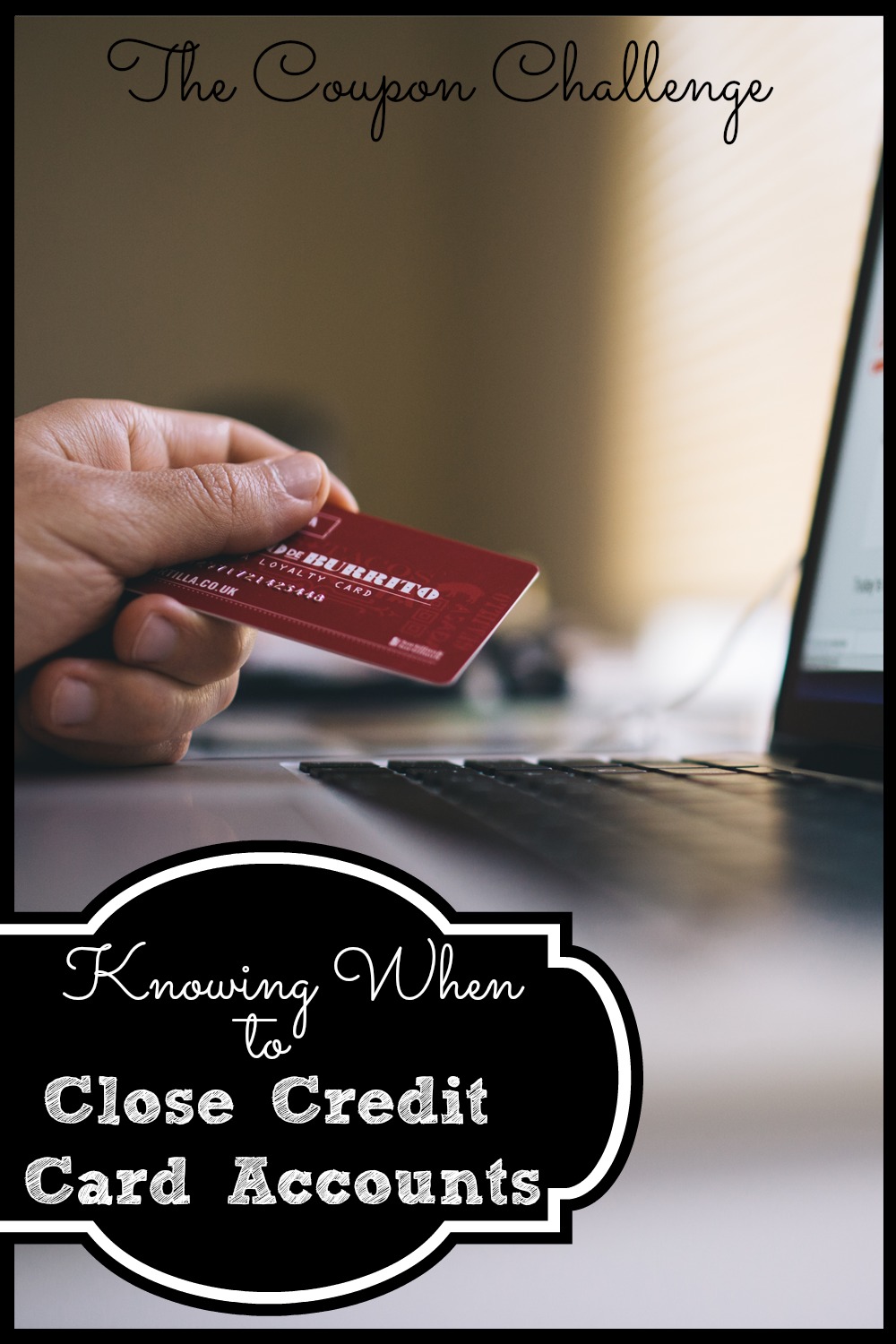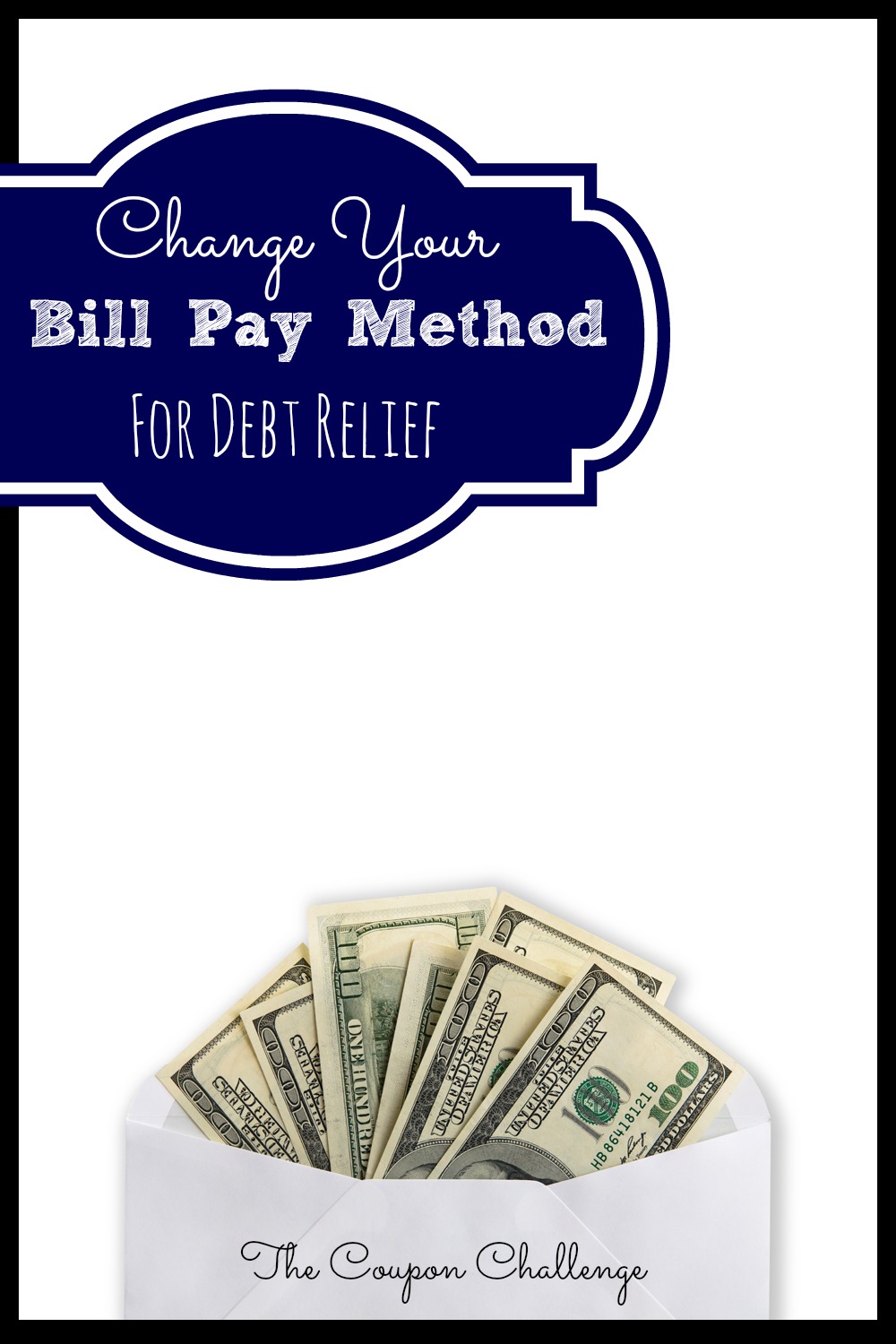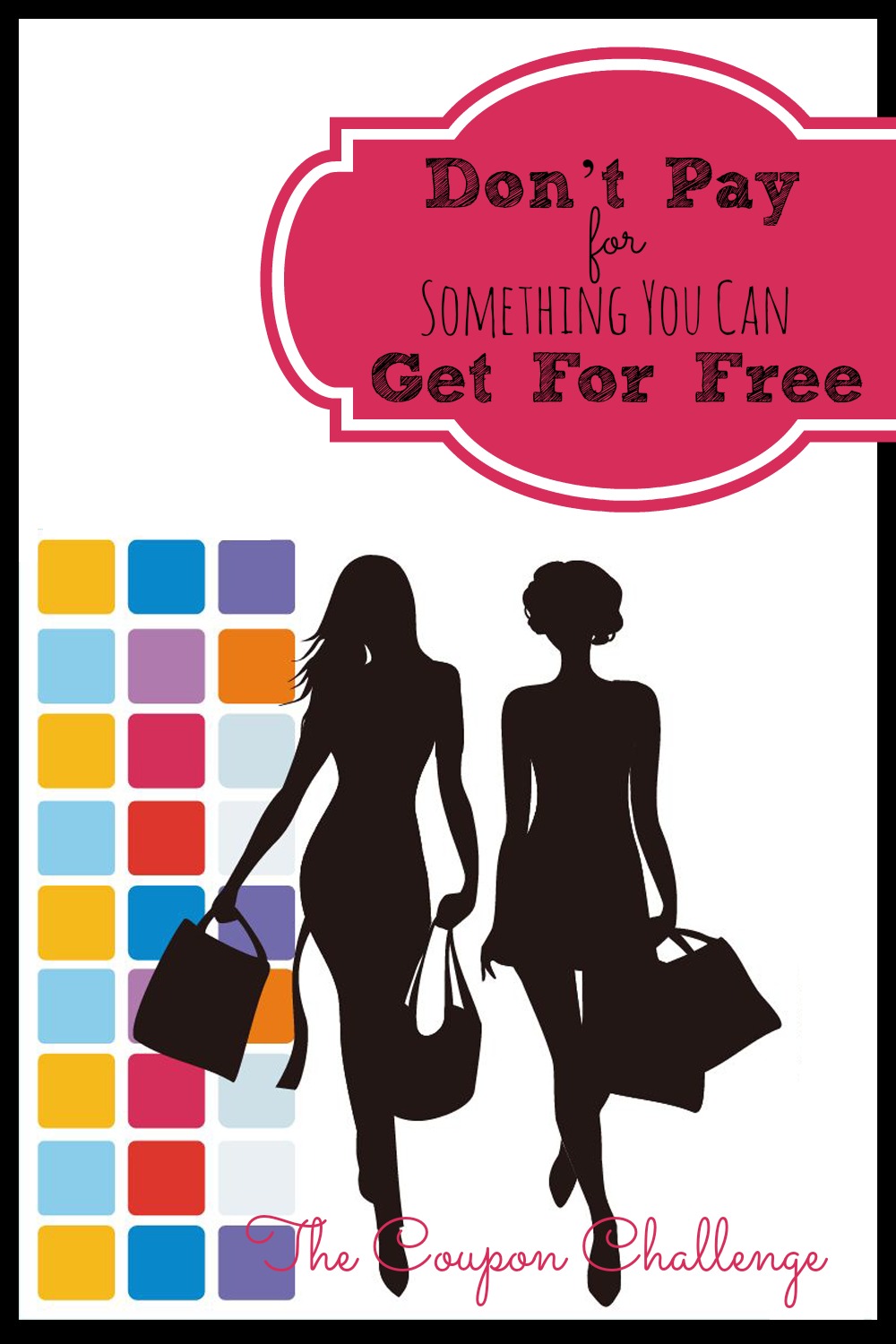You are reading Week 48 of 52 Weeks to Eliminate Debt & Curb Spending. Please read the overview here to learn more about the series & get your FREE financial planner. If you just joined us, please start with week 1.
As we near the end of this year toward getting rid of debt, it is time to evaluate and Motivate Yourself To Change Financial Habits. Over the course of this year, a few things have probably happened to change your outlook on your finances. Now it is time to focus on creating new and healthy financial habits, so debt doesn’t become a problem in your future.
Motivate Yourself To Change Financial Habits:
Acknowledge your failures and successes of the year. Make a list of all of the things you have struggled with. Next make a list of all of the things you have changed and improved. Include every small accomplishment on this list. Acknowledge to yourself where you have made better choices and changes for the better.
Document changes you wish to make in the future. Take the time to look at your failures and make notes of what you should change in the future. These changes are important to you long term financial success. They may be the same things you wanted to change at the first of this year, or they could be different areas you have struggled in.
Encourage yourself by looking at even the smallest of differences made. Don’t skip acknowledging the small things. If you set up a savings account this year but didn’t contribute as much as you wanted that is okay. You still set up the account and that is better than where you were at in the beginning. Lowering parts of your budget, stopping impulse purchases or even getting back in good standing with accounts are all small changes that add up to a lot.
Even tiny changes are changes. Even a $5 savings is more than $0. Every effort you have made over the course of this year hasn’t been without reason. Changing your finances is hard work, but worth every second of your time. Spend some time this week taking an honest look at your successes and motivate yourself to change financial habits for good.
Week 48 Challenge:
This week you have 3 challenges from the points above. Get your notepad and pen ready. Start making the lists right away, so you don’t put it off.
Disclosure: I am not a financial adviser nor do I have formal financial training. All articles are for informational purposes only and should not be interpreted as financial advice or consultation. Please consult your account and/or financial adviser before making changes to your finances. All situations are different, so please consult a professional to determine your individual needs.
